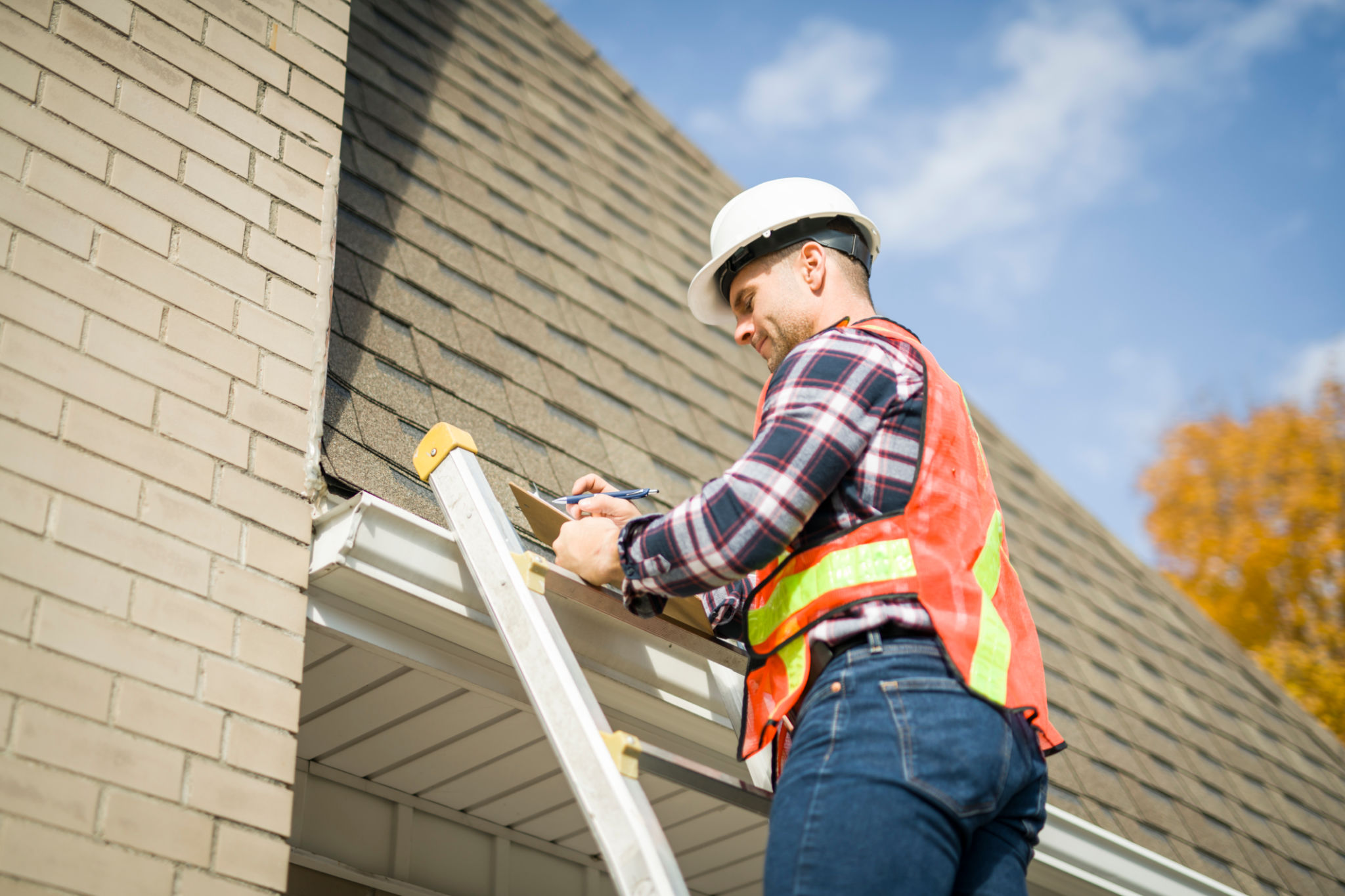How New Jersey Weather Impacts Your Roof and What to Do About It
Understanding New Jersey's Weather Patterns
New Jersey's climate is a blend of humid continental and humid subtropical zones, which means residents experience a variety of weather conditions throughout the year. From hot, humid summers to cold, snowy winters, the state sees it all. These fluctuations in weather can have significant impacts on your home, particularly your roof.

Impact of Winter Weather
The cold winter months can be particularly tough on roofs in New Jersey. Snow accumulation, ice dams, and freezing temperatures can lead to several issues. Ice dams form when snow melts on your roof and then refreezes at the edges, preventing proper drainage. This can cause water to seep under shingles, leading to leaks and potential water damage inside your home.
Preventing Ice Dams
To prevent ice dams, it's important to ensure your attic is well-ventilated and insulated. This helps maintain a consistent temperature on your roof, reducing the likelihood of snow melting unevenly. Additionally, regular roof inspections before the winter season can help address any vulnerabilities.

Summer Heat and Storms
During the summer, New Jersey residents face high temperatures and the potential for severe thunderstorms. Intense heat can cause roofing materials to expand and contract, leading to cracks or warping. Moreover, summer storms can bring heavy rain and high winds, which might dislodge shingles or cause debris to damage your roof.
Protecting Against Summer Damage
To protect your roof from summer damage, consider using materials that are designed to withstand high temperatures. Schedule regular maintenance checks to identify any heat-related wear and tear early. Also, trimming overhanging branches near your roof can minimize the risk of storm-related damage.

Spring and Fall Maintenance Tips
Spring and fall are ideal times for preventative roof maintenance. The milder weather allows for easier inspections and repairs without the extremes of summer heat or winter cold. During these seasons, focus on cleaning gutters, checking for any missing or damaged shingles, and ensuring that your roof is free from debris.
Checklist for Seasonal Maintenance
- Inspect and clean gutters to ensure proper drainage.
- Check for missing or damaged shingles and replace them promptly.
- Remove any debris such as leaves, twigs, or branches from the roof surface.
- Examine flashing around chimneys and vents for any signs of wear or leakage.

When to Call a Professional
While some maintenance tasks can be DIY projects, certain situations call for professional expertise. If you notice persistent leaks, significant storm damage, or signs of mold or rot in your attic, it's time to contact a roofing professional. They can provide a thorough assessment and recommend appropriate solutions to ensure your roof remains in top condition.
In conclusion, understanding how New Jersey's weather impacts your roof is crucial for maintaining its longevity and performance. By taking proactive steps and addressing issues promptly, you can protect your home from potential weather-related damages and enjoy peace of mind all year round.